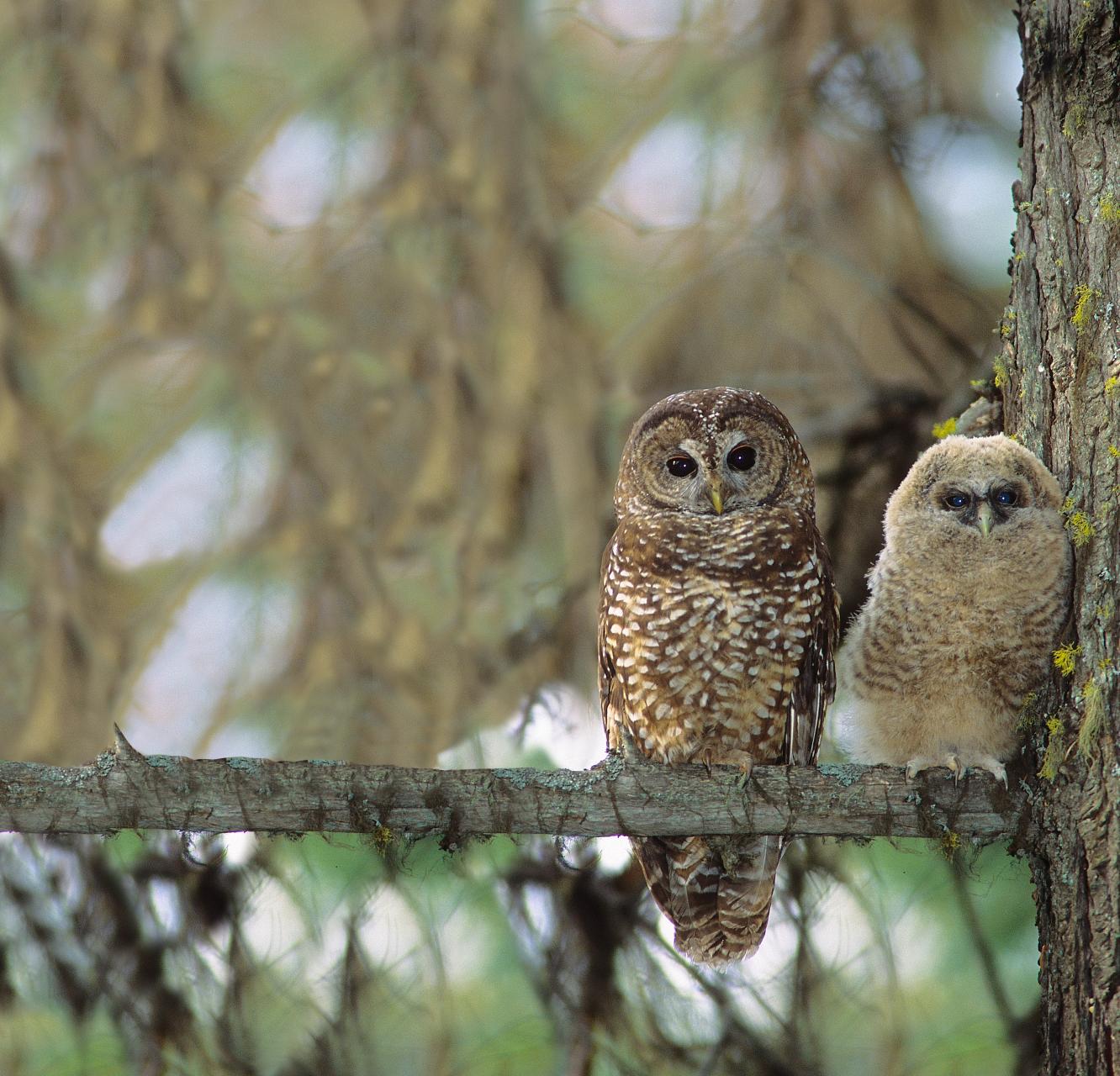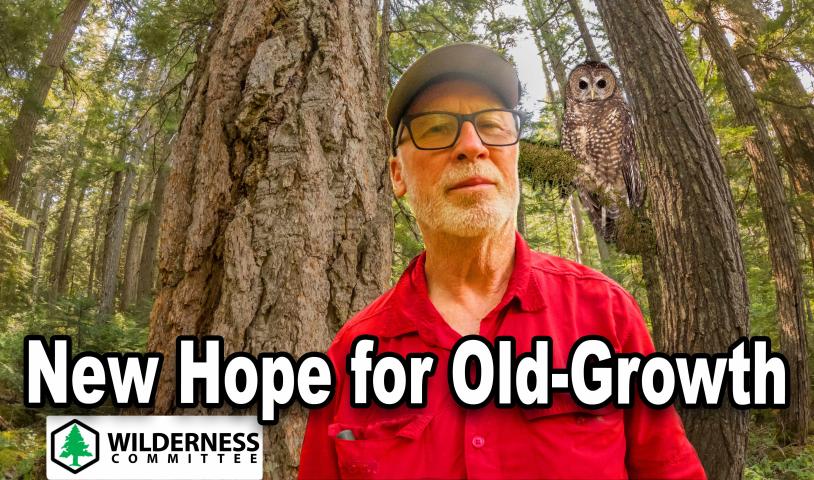B.C. timber industry lobby group ridiculed over spotted owl success claim
Wednesday, December 19, 2012
Photo: Logged spotted owl habitat in the Chilliwack Valley
Twelve spotted owls left in the wild while group claims protection "success"
Gwen Barlee, policy director of the Wilderness Committee, slammed the Coast Forests Products Association (CFPA) of British Columbia over its recent claim that the province has been successful in protecting endangered species such as the northern spotted owl.
The comments published in the lobby group’s newsletter, come at a time when researchers estimate that only twelve of the animals remain in the wild.
“Saying that the spotted owl is an example of good forest stewardship is like saying a heart attack is an example of a healthy diet,” said Barlee. “Scientists acknowledge that the spotted owl is hovering on the brink of extinction in Canada because of poor forestry practices. It is a well-known fact that forestry companies target the same forests these owls need to survive.”
In Canada, the northern spotted owl is found only in B.C. and its population was estimated to numbered over 1,000 in the past.
The CFPA represents B.C. companies involved in logging, pulp and other forest products.
Their comments regarding endangered species were made in a fall 2012 newsletter article calling for changes to the Species at Risk Act, recommending fewer prescriptive laws, more voluntary measures and a socio-economic approach to conservation.
“Our success in B.C. in protecting species like marbled murrelets, spotted owls, Vancouver Island marmots, northern goshawks, tailed frogs, Grizzly bears and others is evidence that populations of species at risk can be managed well without disabling huge tracts of land,” claimed the lobby group in its newsletter.
The CFPA article went on to claim that the B.C. forestry industry followed world leading forestry practices which protect at-risk species.
However environmental groups claim the B.C. regulations are weak and rely on voluntary measures which have failed to protect critically endangered species. The Wilderness Committee criticized the provincial government for having no endangered species legislation despite having at-risk 1,900 species.





